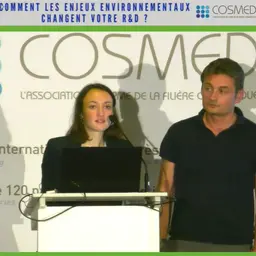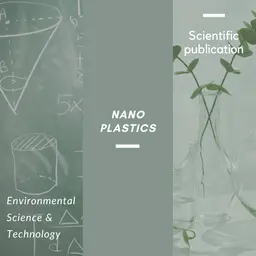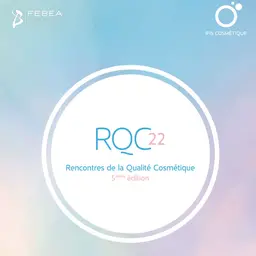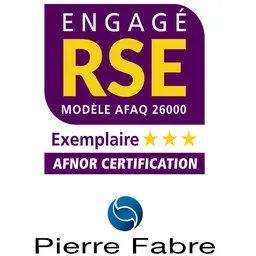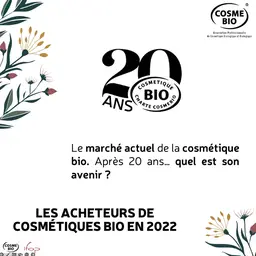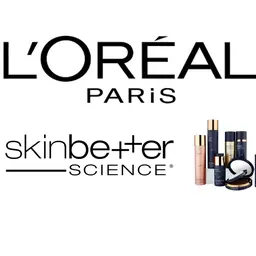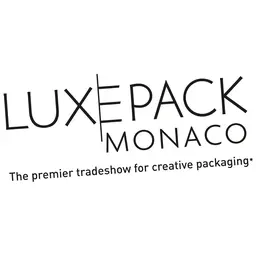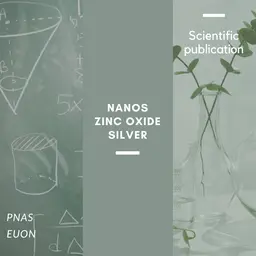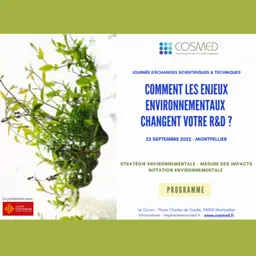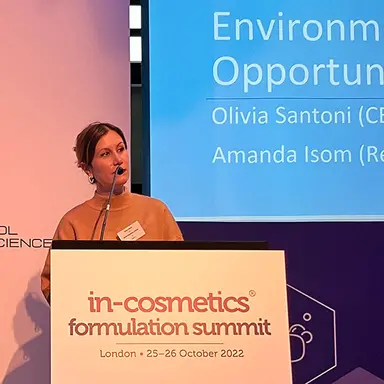
When it comes to environmental claims, there’s what they say, what the consumer understands, and what the regulations allow… A multi-factor equation that is very difficult to solve, even if they are more popular than ever. At the in-cosmetics Formulation conference held in London at the end of October 2022, Olivia Santoni and Amanda Isom, from the London consultancy Bloom Regulatory, demonstrated this with examples.
There is not just one type of environmental claim, but many different ones, in various forms:
• Logos
• Images
• Text
• An advertising campaign…
And this type of claim does not only concern products, since it can also qualify :
• The packaging
• The disposal
• The transport
• The sourcing of raw materials
• The manufacturing
• And in general, everything related to an eco-responsibility approach, which can also include very specific characteristics, such as the absence of water in the product, the availability of a refill or the concentration of the formula…
The regulatory context
Concerning environmental claims, regulation is still partly a “work in progress” in constant evolution, with many initiatives developing around the world, for example with the European Green Deal or the British Green Claims Code.
The European Directive on Unfair Commercial Practices
As with all claims, the basic regulation applicable is the horizontal European Directive on Unfair Commercial Practices, which also still applies in the UK.
It covers all types of claims, including environmental claims, as soon as they constitute a message that will induce the consumer to buy one product rather than another. They will be considered unfair if of …

